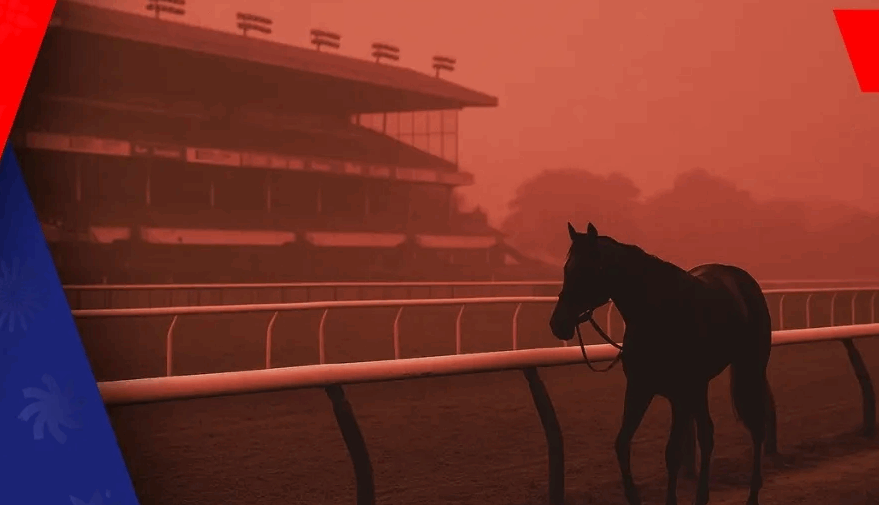he UK government’s latest proposal to align the taxation of horse-racing bets with that of online casino games has triggered fierce opposition from the racing sector. Industry leaders warn the change could cost the sport up to £160 million annually, with the public consultation deadline set for Monday, 21 July. The “#AxeTheRacingTax” campaign, backed by trainers, operators, MPs, and thousands of fans, is calling the move a “life-and-death threat” to the future of racing.
UK Racing Tax Proposal Sparks Fierce Industry Backlash

What’s the Proposal?
Currently, sports betting (including horse racing) is taxed at 15%, while online games of chance like slots are taxed at 21%, based on gross gambling revenue. The government is considering a unified tax rate, potentially moving horse racing into the higher category.
This proposal comes amid declining online betting turnover and mounting financial pressure, partly due to affordability checks mandated by the Gambling Commission.
Economic Impact
According to the British Horseracing Authority (BHA), if the tax rate rises to 21%, racing could lose £66 million per year. A further hike to 40% could lead to losses of £160 million annually. These losses would affect levy income, media rights, and sponsorships.
BHA’s Acting CEO Brant Dunshea called the plan “potentially catastrophic,” warning that it could undermine the 85,000 jobs and £300 million the industry contributes to the Treasury each year.
Industry Reactions
Bettors, trainers, and racing executives have spoken out strongly:
- Sean Trivass (Horseracing Bettors’ Forum): “Our members feel insulted being lumped together with slot machines.”
- William Derby (York Racecourse): Emphasized racing’s cultural and economic significance in Yorkshire.
- James Hutchinson (Ripon Racecourse): Warned of devastating impacts that can’t be offset by other income sources.
Policy Debate
The government argues the proposal simplifies the tax code. Critics say it ignores the skill-based nature of racing versus chance-based games like slots. They warn this could drive bettors to unregulated platforms and reduce tax revenues, while endangering consumer protections.
Other countries such as Ireland and Australia differentiate between betting types for taxation. UK racing historically maintained a separate levy due to its cultural and economic value.
What’s Next?
- Consultation closes: July 21
- Industry calls for action: Fans and stakeholders urged to write to MPs
- Budget decisions: Expected later in the year












